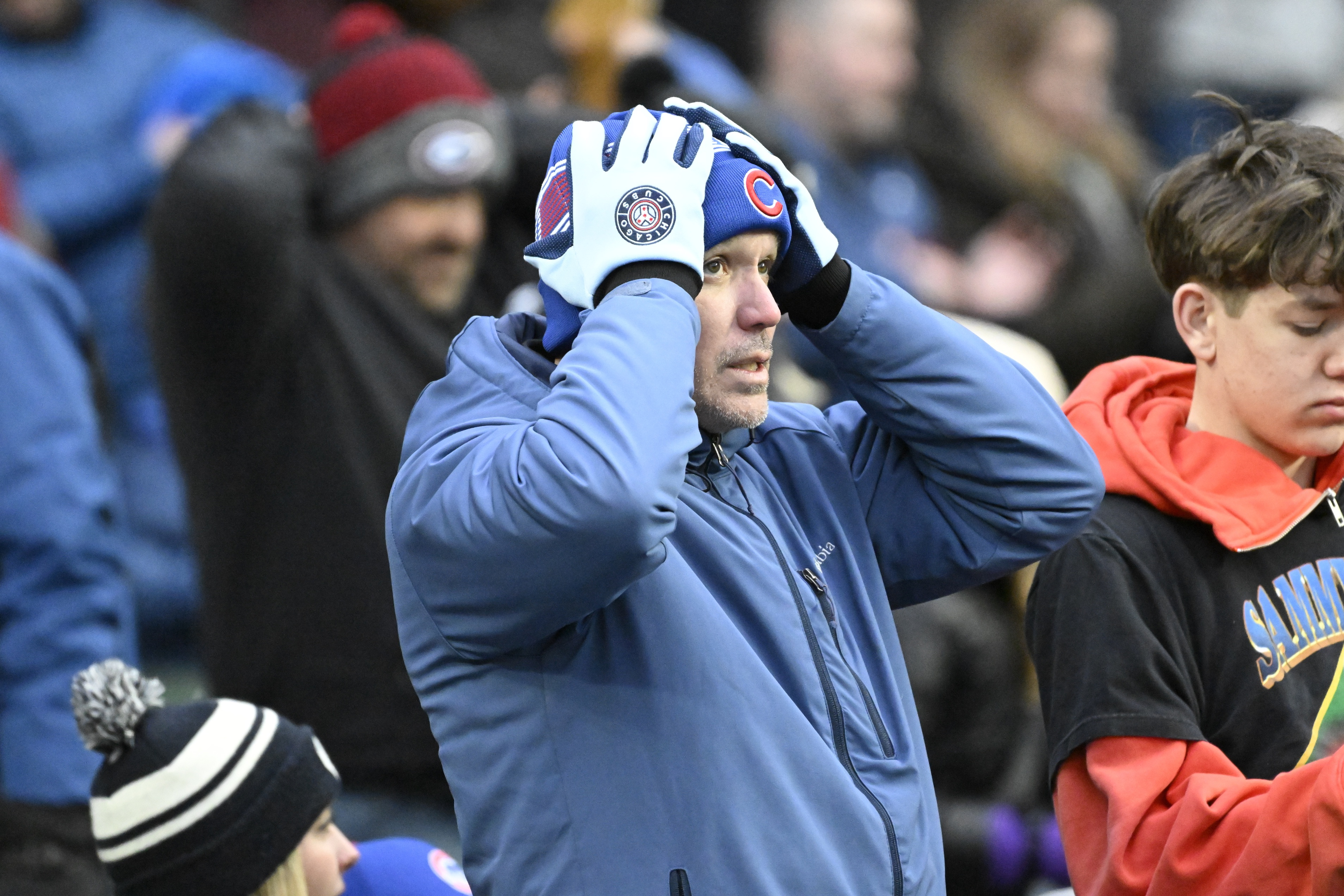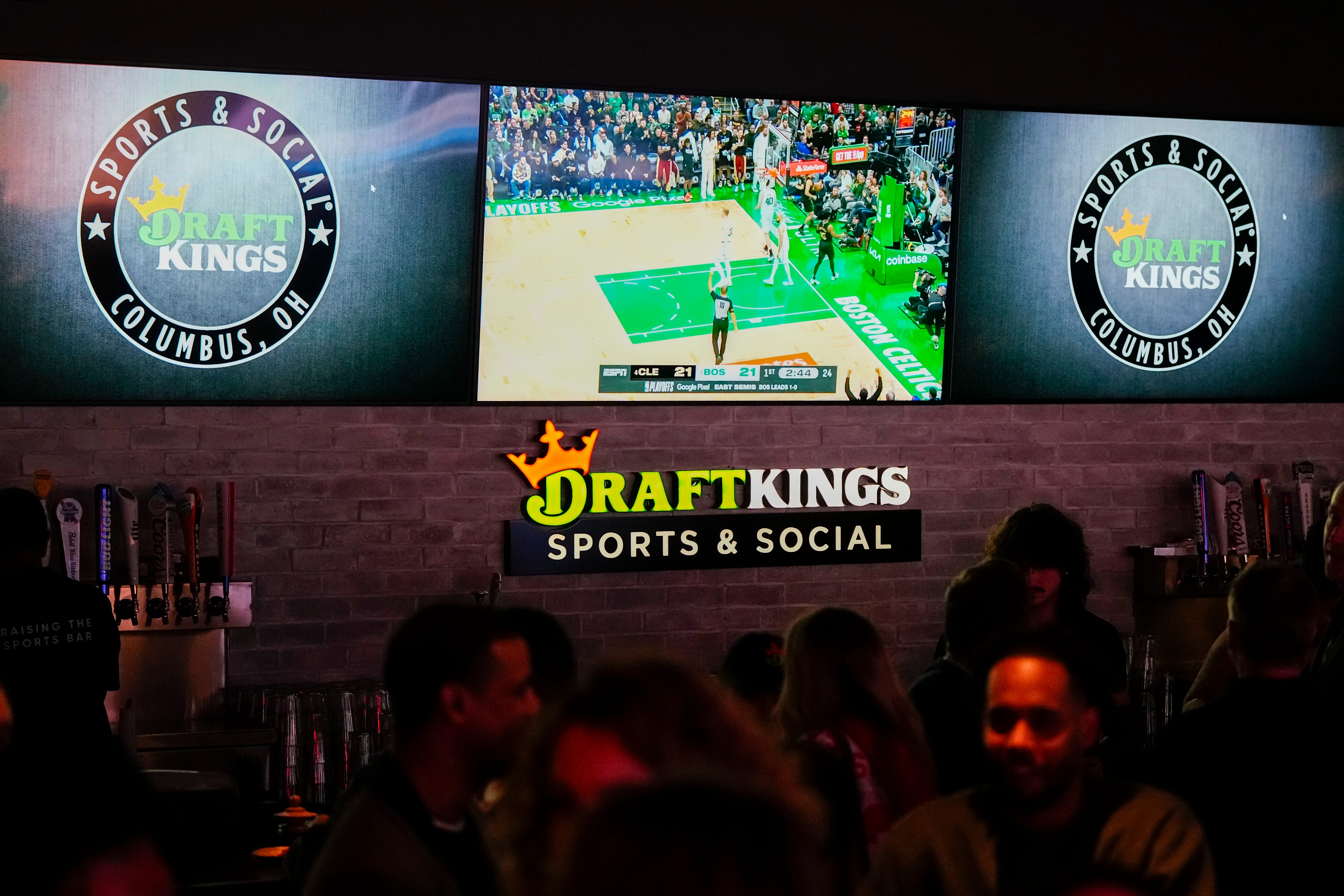Illinois Progressive Sports Betting Tax Signed Into Law

The sports betting industry in Illinois is facing changes in taxation that will boost tax revenues but may disappoint the top sports betting sites in the state.
Illinois Gov. JB Pritzker signed the fiscal year 2025 budget on Wednesday, which includes a significant change in how Illinois sports betting apps will be taxed. Starting July 1, a new “progressive tax” will be implemented in one of the nation’s top legal sports betting markets.
In February, Pritzker proposed increasing the flat tax rate for Illinois sports betting sites from 15% to 35% in order to generate more revenue for the state. Lawmakers embraced this objective and advanced it further.
HB 4951 was proposed, debated, amended, and ultimately passed by both chambers. This bill will significantly alter the method of tax collection from providers in Illinois, leading to a substantial increase in tax revenue from the state’s top sports betting apps once Pritzker signs off on the legislation.
What HB 4951 says
HB 4951 will establish an unprecedented sports betting tax structure in Illinois, potentially making it one of the most distinctive in the nation. The bill increases the current 15% flat tax rate for providers to a maximum of 40%, based on the revenues generated by the participating sites offering the top Illinois sportsbook promos.
Illinois has become the first state to implement a purely progressive tax rate for state providers. Although the legislation may be complex, its main goal is to ensure that higher-earning providers pay a larger share of taxes to the state.
According to the Bill, providers will be subject to a tiered tax structure based on their annual adjusted gross revenue. The first $30 million will be taxed at 20%, the next $20 million at 25%, $51 million to $100 million at 30%, $101 million to $200 million at 35%, and anything over $200 million at 40%.
A late change in the amendment clarified that each tax rate would be applied independently, preventing companies generating over $200 million from being taxed at 40% on their entire income. Instead, these companies will be subject to a 20% tax on their first $30 million, a 25% tax on the following $20 million, and so forth.
Pushback
The largest and most reputable sportsbooks in Illinois strongly opposed the proposal to increase taxes on the industry. The Sports Betting Alliance, including DraftKings, FanDuel, BetMGM, and Fanatics Underscoreg, was particularly vocal in their opposition to the tax hike.
Before the signing of HB 4951 into law, SBA president Jeremy Kudon warned that sportsbooks in the industry may need to reconsider their investments and involvement in the state if the bill is passed.
According to projections, DraftKings and FanDuel, the only two sites with the most competitive sportsbook promos, will face the highest taxes as the only companies earning over $200 million in gross revenues for the year. Together, they accounted for nearly 75% of Illinois’ total handle and revenue in March.
Looking at bigger picture across America
States with legal sports betting are starting to review their tax systems for the top live betting sites. Illinois is not the only state to do so, and more are expected to follow suit.
Last year, the tax rate in the Ohio sports betting scene increased from 10% to 20%. A similar increase could also be seen in the New Jersey sports betting scene, as a bill is currently being considered to raise the tax rate.
Massachusetts was the only state that recently declined to raise taxes for the sports betting industry.
States are aiming to align their tax rates with those of the top sports betting jurisdictions in the country. New York taxes sports betting apps at 51%, and Pennsylvania taxes them at 36%.
Ultimately, sportsbooks are facing the consequences of their own achievements as they rake in huge profits in the U.S. market. Several states are now seeking to guarantee that these businesses contribute their fair portion of taxes.







